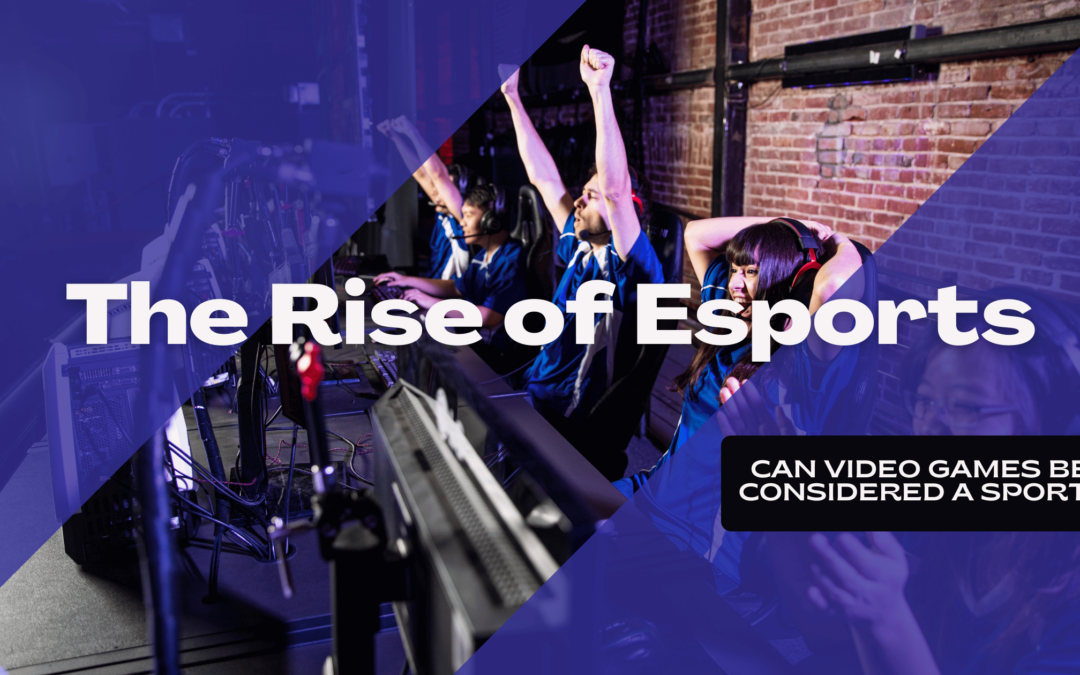The landscape of competitive entertainment has been transformed dramatically over the past decade with the rise of esports, a term short for electronic sports. These organized, multiplayer video game competitions, particularly between professional players, often come with all the trappings of traditional sports, including large audiences, sponsorship deals, and substantial prize money. The question that naturally arises is whether video games can genuinely be considered a sport.
To answer this, we must first understand what constitutes a sport. Traditional definitions typically involve physical exertion, skill, competition, and entertainment value. Esports, while primarily focused on digital interfaces rather than physical activity, undeniably require a high degree of skill, strategic thinking, reflexes, and coordination. Professional gamers train extensively, often following regimented schedules that include several hours of practice, much like athletes in traditional sports.
One of the strongest arguments for considering esports a sport is the level of skill and dedication required. Professional esports players often start training at a young age and dedicate thousands of hours to mastering their games. This dedication parallels the commitment seen in traditional athletes who start training early to compete at high levels. Furthermore, esports competitions are fiercely competitive, with players and teams from around the world striving to be the best in their respective games. This level of competition fosters a global community of fans and participants, further blurring the lines between esports and traditional sports.
Another factor to consider is the organizational structure of esports. Much like traditional sports, esports have governing bodies, leagues, and tournaments. Major events such as The International (for Dota 2), the League of Legends World Championship, and the Fortnite World Cup attract millions of viewers and offer multi-million dollar prize pools. These events are professionally organized, with sponsorships, broadcasting deals, and media coverage comparable to traditional sporting events. The infrastructure supporting esports is growing rapidly, with universities offering scholarships for esports athletes and mainstream sports organizations investing in esports teams.
The spectator aspect of esports also mirrors traditional sports. Esports events fill arenas and stadiums, with fans cheering for their favorite teams and players. Online platforms such as Twitch and YouTube provide live streaming of esports competitions, often drawing larger viewership numbers than many traditional sports broadcasts. This wide audience appeal underscores the entertainment value of esports, a crucial component of what makes an activity a sport.
Despite these arguments, some critics maintain that the lack of physical exertion disqualifies esports from being considered a true sport. They argue that the physicality inherent in traditional sports is a defining characteristic that esports lack. However, it is important to recognize that the concept of sport is evolving. Chess, for instance, is widely accepted as a sport despite its minimal physical requirements, emphasizing mental agility and strategy—qualities that esports share.
In conclusion, while esports may not involve the physical exertion typical of traditional sports, they embody many other essential elements of sport, including skill, competition, and entertainment value. As the definition of sport continues to evolve with technological advancements and cultural shifts, the case for esports as a legitimate sport grows stronger. The rise of esports is a testament to the changing landscape of competitive entertainment, challenging our traditional notions of what constitutes a sport and paving the way for a broader, more inclusive understanding of athleticism and competition.

